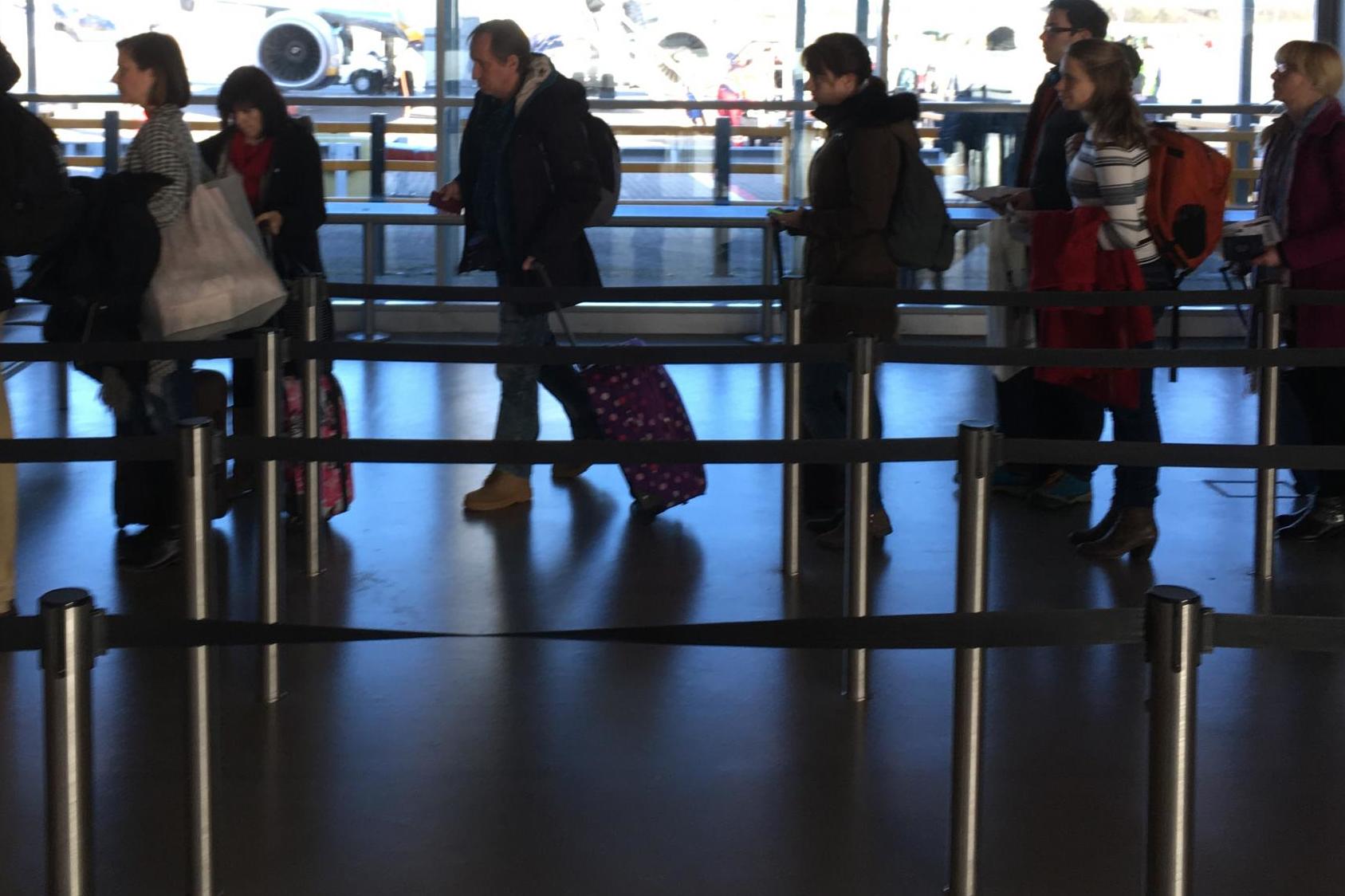Why flight delay payouts are no cause for celebration
Passengers’ rights rules confer fully comprehensive, extended warranty cover whether they need it or not

Free money: that is the popular view of the European rules on delayed flights. A windfall of at least £225 awaits passengers whose airline delays them significantly, unless the carrier can cite “extraordinary circumstances” that excuse a payout.
As travellers survey the turbulence that awaits aviation in the event of a no-deal Brexit, we can apparently be certain about only one thing. When Britain “takes back control”, European air passengers’ rights rules will be imported wholesale into UK legislation.
You might view this as a very good thing. Surely a decent level of consumer protection is desirable? The rules benefit the disrupted passenger and incentivise airlines to behave decently.
But “EC261”, as the rules are collectively known, has all sorts of unintended consequences that can act against the interests of passengers and the wider public.
The European Parliament had noble intentions when it brought in the law. Compensation payments to passengers act as a deterrent to airlines that might otherwise arbitrarily cancel flights at short notice to save money, or which could overbook with abandon.
But after the European Court of Justice ruled a three-hour delay is equivalent to a cancellation, airlines are now required to pay out for long waits: a minimum of €250 (£225) for a three-hour holdup on short flights and up to €600 for a four-hour delay on long-haul trips.
The cost inevitably feeds through in the shape of higher fares. Effectively your ticket price includes an insurance premium to cover the cost of compensation.
When you take out travel insurance, you can opt for a very basic, no-frills policy that really just covers you for medical emergencies; or a gold-plated, all-risks version which costs far more but pays out for lost valuables, skipped cruise ports and yes, even flight delays.
With consumer goods, you have the option of an extended warranty or just relying on your basic rights under the Sale of Goods Act.
But EC261 confers everyone with fully comprehensive, extended warranty cover whether they need it or not.
Suppose you are booked on the daily nonstop from London to Perth. If Qantas delivers you in time for dinner rather than lunch, you are in line for £535. In economy at least, that is probably more than the outward flight cost.
Yet the delay of a few hours on a trip of 9,000 miles may make very little difference – especially if the airline warns you in advance so you can defer your departure to Heathrow. Perhaps you might be prepared to surrender your right to that windfall for, say, a fiver off the fare? It’s a lottery in reverse: rather than being in with a remote chance of a big payout, you settle for a smaller but guaranteed financial benefit. And the airline “de-risks”.
The lower the potential downside of a long delay, the less an airline will indulge in behaviour that would be bizarre in any context other than trying to avoid handing out cash to passengers.
Airlines can load a ton or two of extra fuel to fly faster. Good for their financial liability, bad for the environment. Carriers which have plenty of planes at their disposal can shuffle them around. What might be a three-hour delay for flight A could be reconfigured into, say, two-hour delays for flights A and B. The overall detriment is increased, but the liability is eliminated.
Not everyone enjoys a swift transit time. But faced with a choice of, say, a 60-minute connection at Amsterdam or Paris, or a four-hour wait, I would always choose the quick but riskier option. Airlines, though, are incentivised to extend minimum connecting times. Otherwise, a mildly delayed flight from Birmingham to one of those hubs can trigger a much longer wait to Buenos Aires and a £535 payout.
Some airlines may even decline to offer some connections, obliging travellers to book two separate tickets so that the carrier can avoid liability.
After Brexit, the UK has the opportunity to redesign passenger rights to align all these interests. But it looks to me as though one chance to improve travel has already been surrendered.
Join our commenting forum
Join thought-provoking conversations, follow other Independent readers and see their replies
0Comments